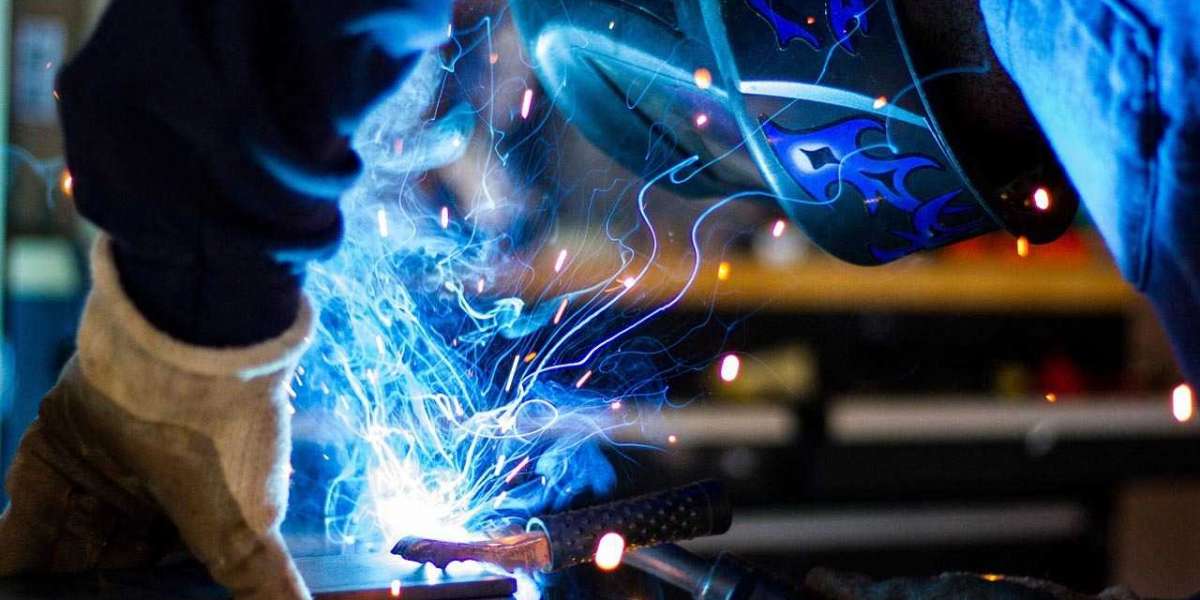Casting manufacturers play a critical role in various industries by providing a wide range of components and products through the casting process. Casting is a manufacturing method that involves pouring molten material into a mold to create a specific shape.
The material solidifies and takes the form of the mold, resulting in a final product. This process offers several advantages, such as versatility, cost-effectiveness, and the ability to produce complex geometries. Let's explore some of the industries that heavily rely on casting manufacturers.
Automotive Industry: The automotive industry extensively relies on casting manufacturers for the production of numerous components. Engine blocks, cylinder heads, transmission cases, suspension components, and various other parts are often manufactured through casting processes. Casting allows for the production of complex shapes with precise tolerances, making it ideal for automotive applications.
Aerospace Industry: The aerospace sector relies on casting manufacturers for the production of critical components used in aircraft and spacecraft. Turbine blades, engine casings, structural components, and other parts with high strength and lightweight requirements can be efficiently produced through casting. Casting processes like investment casting and directional solidification casting are commonly used in aerospace applications.
Energy Industry: Casting manufacturers play a vital role in the energy sector, particularly in power generation. Components used in gas turbines, wind turbines, hydroelectric turbines, and nuclear power plants are often produced through casting processes. These components include turbine blades, casings, impellers, and heat exchanger parts. Casting allows for the production of components that can withstand high temperatures and corrosive environments.
Oil and Gas Industry: The oil and gas industry relies on casting manufacturers for various applications. Components such as valves, pumps, pipe fittings, and drilling equipment require the use of castings. Casting provides the necessary strength and durability to withstand harsh operating conditions in offshore platforms, refineries, and pipelines.
Construction and Infrastructure: Casting manufacturers serve the construction and infrastructure sectors by producing a wide range of components. Steel beams, columns, brackets, and ornamental elements used in buildings and bridges are often manufactured through casting processes. Casting allows for the efficient production of large and complex structural elements, contributing to the strength and aesthetics of the constructed environment.
Medical Industry: Casting manufacturers play a crucial role in the medical sector by producing components used in medical devices and equipment. Implants, prosthetics, surgical instruments, and dental appliances are often manufactured through casting processes. Casting enables the production of biocompatible materials with complex shapes tailored to meet specific patient needs.
Consumer Goods Industry: The consumer goods industry relies on casting manufacturers for the production of a wide range of products. Household items, kitchenware, decorative items, and various other consumer goods often involve casting processes. Casting allows for the mass production of intricate designs, ensuring cost-effective manufacturing of consumer products.
Marine Industry: The marine industry heavily relies on casting manufacturers for the production of components used in shipbuilding and offshore applications. Propellers, rudders, engine components, and structural elements are often manufactured through casting processes. Casting provides the necessary strength, corrosion resistance, and dimensional accuracy required for marine applications.
Railway Industry: Casting manufacturers serve the railway industry by producing components used in locomotives, passenger cars, and railway infrastructure. Brake systems, bogie frames, couplings, and other critical parts are often manufactured through casting processes. Casting offers the advantage of producing components with high strength and dimensional stability, ensuring the safety and reliability of railway systems.
Mining and Heavy Machinery: Casting manufacturers play a vital role in the mining and heavy machinery industry. Components used in mining equipment, construction machinery, and material handling systems often require the use of castings. Casting processes enable the production of robust and wear-resistant components capable of withstanding demanding operating conditions.









